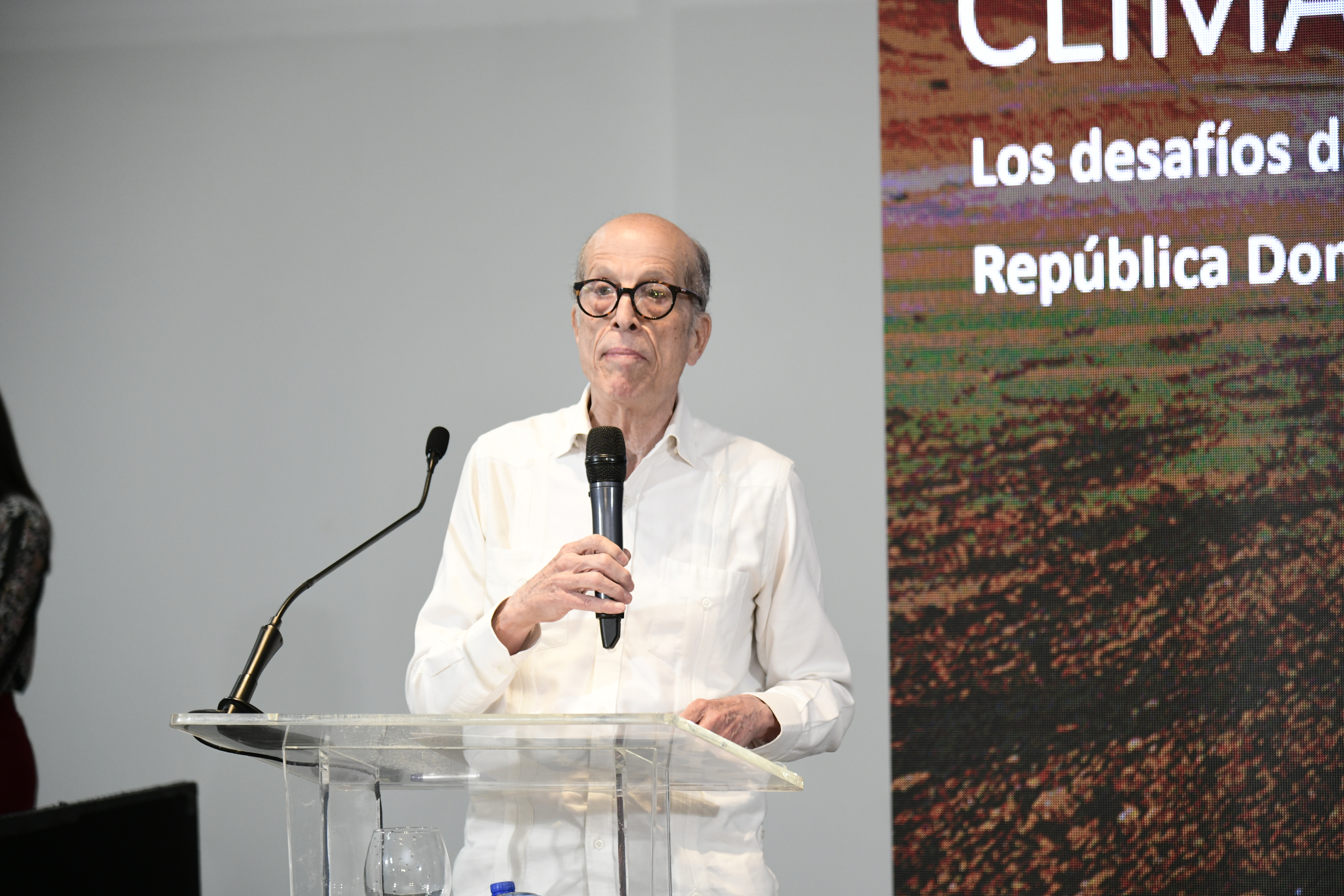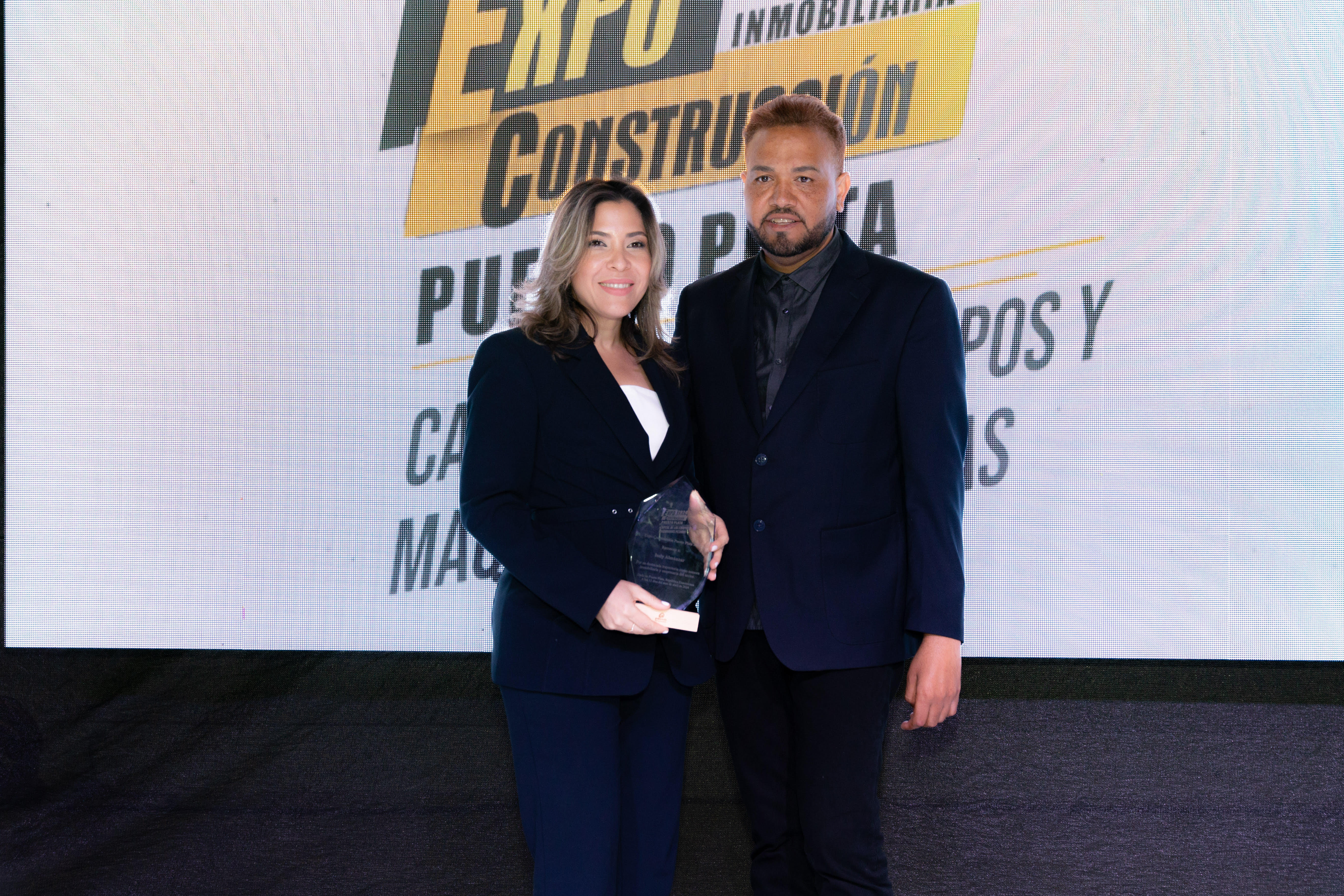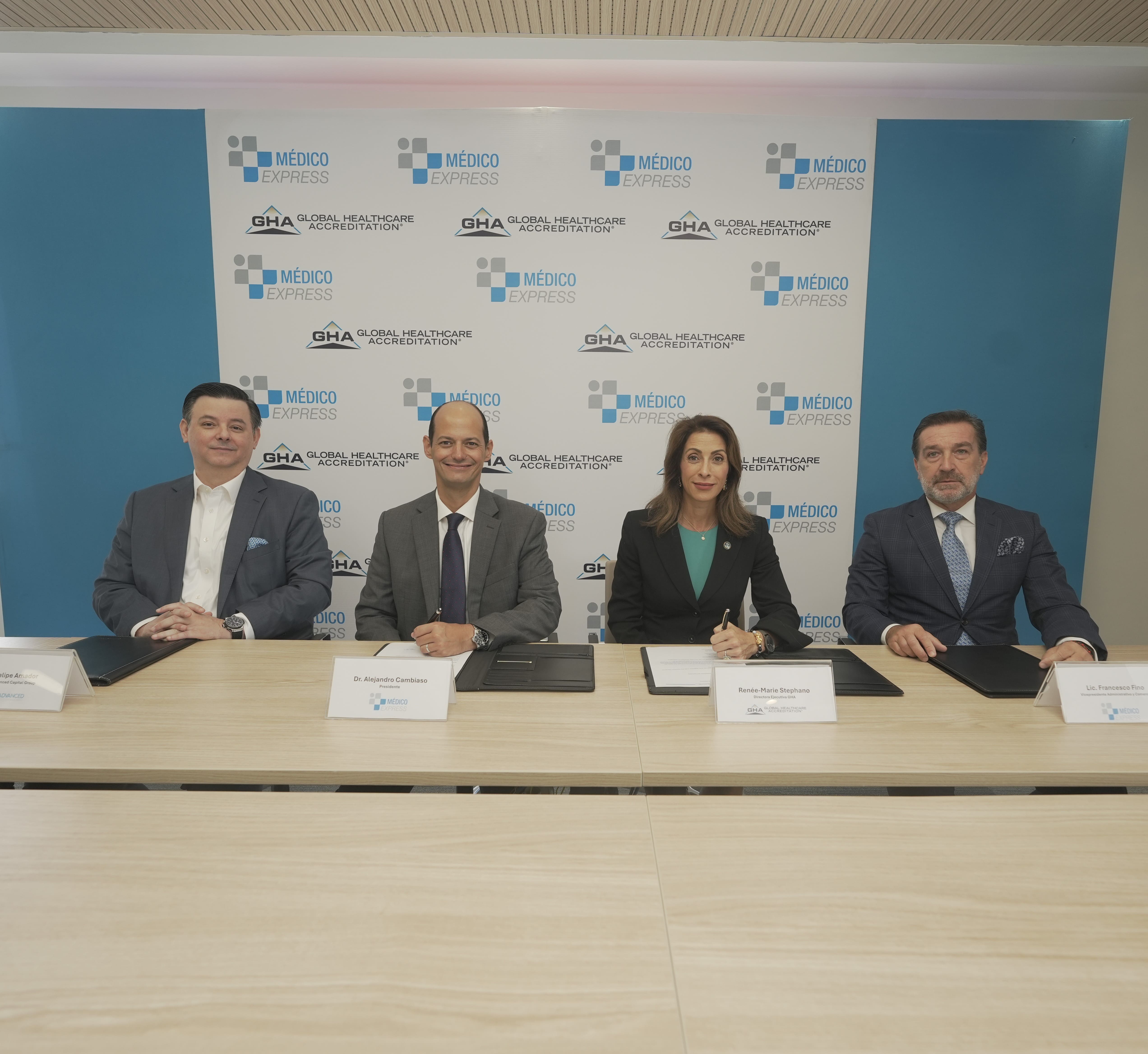Education Ministry, INAFOCAM and OAS Conference Stresses Importance of Teacher Quality in the Education System
 | Education Ministry, INAFOCAM and OAS Conference Stresses Importance of Teacher Quality in the Education System The Ministry of Education, the National Institute for Teacher Training and Education and the Regional Office of the Organization of Ibero-American States (OEI in Spanish) in the Dominican Republic held a conference in which they stressed the importance of teachers as the fundamental key to achieving quality and advances in education systems around the world. The organizations attending the conference agreed to the importance of the particular and contextual conditions of the teaching profession. “Challenges of Teachers Professional Development in the Dominican Republic in the Framework of Educational Goals 2021,” … The conference, titled “Challenges of Teachers Professional Development in the Dominican Republic in the Framework of Educational Goals 2021,” was held on Thursday at the Torre Empresarial, and was attended by experts in the field from around all of Latin America, such as Dr. Carlos Eugenio Beca and Dr. Orlando Machesi, Director General of the OEI and Minerva Vincent, Deputy Minister of the Dominican Ministry Education (MINERD in Spanish). Dr. Carlos Eugenio Beca concentrated on the reality of teacher training in Chile and emphasized the similarities and differences between his country and the Dominican Republic. He observed that here in the DR, like Chile, there is “tremendous” social and educational inequality which invites wide-scale transformation in both areas. He said the educational level students start off with tends to follow them as they enter their professional lives. He said this applies also in the training of teachers “who have not had a good level of academic-based training nor have been given that preparation during their training to work as teachers.” He explained that just like the DR, Chile has had lengthy discussions and meetings among those in the education sector to analyze the situation of initial teacher training and they have concluded that it is necessary to improve many factors in order for this area to experience significant and lasting improvement. The measures under consideration in Chile and also being reviewed in the Dominican Republic include the articulation between training, disciplinary content and pedagogical training, developing specializations in mathematics, sciences, etc. because there are teachers in early education who train in these areas in a general manner. Also, it is necessary to have generalized standards for curriculum development in the different institutions, train educators to encourage diversity, improve links between training institutions and the education systems while emphasizing practical training plans articulated in theoretical formation, improving the selection and academic development of the teachers and strengthen educational research and linking it to the training. “This is not an easy subject because there is also an issue of equality insofar as there is inequality in the area of academic results. So, since one does not accept this equality but also doesn’t accept the equality in the education system which enables people to study to be teachers who may not be academically prepared … Dr. Eugenio Beca said, as is the case in the DR, it is also necessary in Chile to raise the requirements for obtaining a teaching degree. On this subject, he stopped to reflect on the rights and equal opportunities for citizens. “This is not an easy subject because there is also an issue of equality insofar as there is inequality in the area of academic results. So, since one does not accept this equality but also doesn’t accept the equality in the education system which enables people to study to be teachers who may not be academically prepared to do so yet accepts them and does nothing to help them overcome these deficiencies. Then, those same teachers will, most likely, go and teach in the rural or poorest areas to the very students who most need an adequate education.”. In his welcome speech, Dr. Machesi said that the fundamental task is to focus official efforts on elevating the quality of teachers. “The teacher is the main indicator of an education system and the quality of the system is measured by the quality of its teachers. It is not possible to have more quality in an education system than that which its teachers contribute, for that reason it is important for the system to focus on its teachers and in the context in which they carry out their activities. This is a fundamental task,” said Dr. Machesi, Director General of the OEI. He stressed the importance of continuing education for teachers and incentives that continue for the duration of the teacher’s professional career. Ongoing attention should be paid to the context in which these professionals carry out their work, he added. Education is a function of the competencies that enable the development of knowledge and provide stability, equilibrium, personal well-being, training and moral commitment in the exercise of the profession, he said. He explained that today the teaching profession must fulfill a role that goes beyond just transmitting knowledge and that teachers need to be prepared to deal with the emotional and moral dimensions of their students. Representing Education Minister, Josefina Pimentel, Deputy Education Minister, Minerva Vincent, said the Education Ministry shares the idea that quality in the education system is determined by the training and competence of its teachers. She explained that in the Dominican Republic it is well-known that the situation concerning the training levels of teachers is critical. Ms. Vincent reported that a research diagnostic done by the universities identified multiple deficiencies on the level of curricular offerings, the structure of the organization of its study plans in terms of practical components and the absence of innovation and research that serve as the basis for teaching. She explained that, in the diagnostic, the higher education institutions were honest and frank in recognizing that the academic opportunities given to the education students who study and graduate as teachers are very poor. … in the diagnostic, the higher education institutions were honest and frank in recognizing that the academic opportunities given to the education students who study and graduate as teachers are very poor. She understands that this makes the training programs for teachers to be of equally low quality and that this is reinforced due to the fact that these programs were developed under an intensive modality “where education students, future teachers of the next generation, have come from decades of having been trained by following a strategy of emergency degrees from intensive programs put together to meet the needs brought on by increased student enrollment in the country’s schools.” Others who spoke at the conference included the Executive Director of the National Institute for Teacher Training and Education (INAFOCAM in Spanish), Gineida Castillo Díaz; Ancel Schecker, Director of Evaluation at the MINERD and Catalina Andújar, Office Director of the OEI in the Dominican Republic. Also present were representatives from various higher education institutions who developed teacher training programs as well as educational researchers and other officials of MINERD, ISOFODOSU and INAFOCAM. | |

Related News
-

The Dominican Film Showcase Celebrates the Presentation of "Colao 2"
-

(Versión en español) Inauguración de la XII Feria Semana de la Geografía 2024
-

(Versión en español) Sector construcción dominicano reunido este fin de semana en la IV Expo Construcción Puerto Plata
-

(Versión en español) Médico Express será pionero en RD con certificación de excelencia para turismo médico
-

Dominicanos en Grandes Ligas
Las ultimas noticias/novedades de lo que acontece con los Dominicanos en las Grandes Ligas durante toda la temporada 2019.



